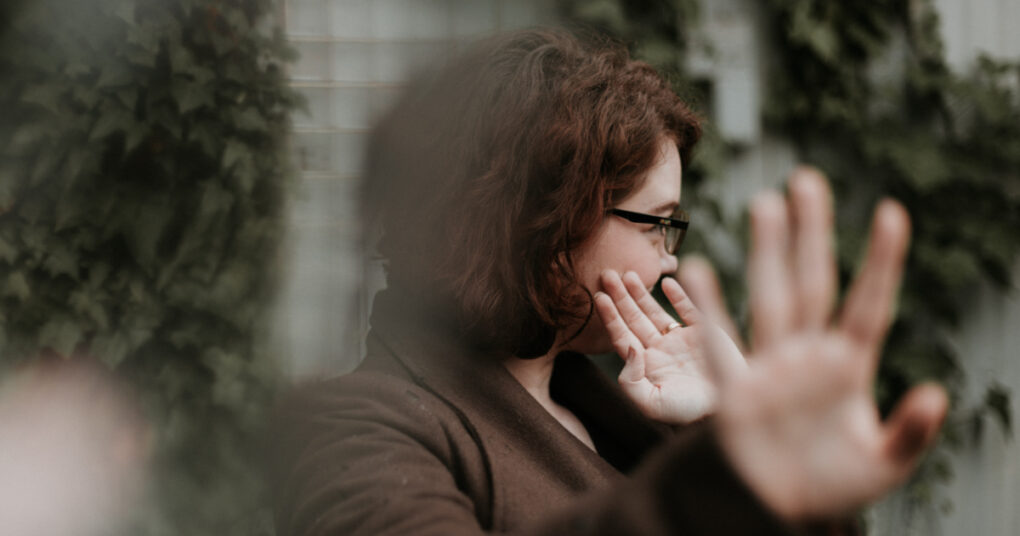It has just come to my attention that Marymount University, a Catholic institution in Arlington, Virginia, has announced its intention to cut ten traditional majors from its program, including philosophy, religious studies, theology, art, history, and sociology. It will also apparently eliminate a master’s degree in English literature. The president of the university has explained that this move is designed to make her school more competitive: “Students have more choices than ever for where to earn a college degree and MU must respond wisely to the demand.” Well, okay, but one wonders why she bothers remaining competitive, for she has effectively undermined the purpose of her university. What is especially tragic is that this is far from an isolated case, for a number of religiously affiliated liberal arts schools are, anomalously, eliminating religion and the liberal arts! And this should get the attention of the entire society, for the loss of the liberal arts is tantamount to a loss of soul.
Why do we refer to religion, philosophy, history, literature, and art as “liberal”? We do so because they are free (liber in Latin) precisely from utility. And this is to say that they are the highest sort of disciplines, for they are subordinated to nothing outside of themselves. They exist for their own sake, endowed with intrinsic value. In this, they are to be differentiated from the practical arts and sciences, which exist for the sake of something else. So, one studies engineering in order to construct machines that accomplish some useful purpose; or one studies architecture in order to erect buildings; or one studies mechanics in order to get a car to run etc. But one reads Shakespeare because it is beautiful so to do, and one watches a baseball game because baseball is good, and one gazes at the Sistine Chapel ceiling because it elevates the soul. Our machines and computers and cars and iPhones are great, but they are designed ultimately to make the experience of intrinsic value more readily available. One should never, of course, denigrate the practical sciences, but one should have the sense to subordinate them to those disciplines that are properly liberal. Much of our culture is suffering from the effects of turning this hierarchy on its head.
In light of these clarifications, I hope it is clear why so many Catholic colleges and universities were dedicated to the liberal arts. Though Catholic institutions of higher learning have always been willing to offer the practical subjects, they stressed the liberal arts precisely because their founders were in the meaning business. The liberal arts are situated above the practical sciences, but among the liberal arts themselves, there is a sort of hierarchy, for all of them are reflective of and finally serve the supreme good, who is God. The most useless and therefore highest discipline of all is that which speaks of the source of meaning, that which treats of God. Do you see why it is so regrettable, therefore, that Catholic institutions are turning themselves voluntarily into STEM academies and marginalizing the very subjects that touch upon purpose and meaning? Yes, science, technology, engineering, and mathematics will facilitate our movement and give us nicer homes to live in and generally make our lives easier—but they won’t tell us what to do when we get to our destinations or how to live in our comfortable houses or how to fill up the time that ease of life provides. To find answers to those questions, we read Plato, Jeremiah, St. Paul, Shakespeare, Dante, and Eliot; we look at Michelangelo, Picasso, and Rembrandt; and we listen to Mozart, Bach, and Stravinsky. In a word, we do the liberal arts.
I don’t want to overstate this case, but I wouldn’t want to understate it either. I believe there is a correlation between the disappearance of the liberal arts and the demonstrable rise in anxiety, depression, and suicidal thoughts—especially among the young today. When we push the subjects that treat of meaning to the side, are we surprised that people are finding life less and less meaningful? When we put a hyper-stress on technology, are we surprised that we have a generation of youngsters spending large parts of their days staring listlessly and sadly at screens? One reason for the attack on the liberal arts is wokeism, which tends to sully whatever it touches. The reduction of society to the simplistic binary of oppressor and oppressed, the habit of thinking in broad generalities, the adoption of an antagonistic social theory—all of the baleful signs of wokeism—have led us to demonize many of the heroes of the liberal arts that I just referenced. It is beyond tragic to admit this, but all that many younger students know about Shakespeare is that he is a dead white male, all that they know about Thomas Jefferson is that he owned slaves, and all that they know about T.S. Eliot is that he entertained some anti-Semitic opinions. But have they begun to notice that, despite their personal flaws, these people shed intense light on the themes of love, purpose, justice, right government, God, and eternal life? What an impoverishment if we permit the woke mob to rob us of these purveyors of value.
So may I utter a cri de coeur to the professors and administrators at Catholic institutions of higher learning: and indeed of the entire society, don’t give up on the liberal arts!
About the Author: Bishop Robert Barron
This article first appeared at: www.wordonfire.org. Bishop Robert Barron is an author, speaker, theologian, and founder of Word on Fire, a global media ministry. This article has been reprinted with the kind permission of the editors.

